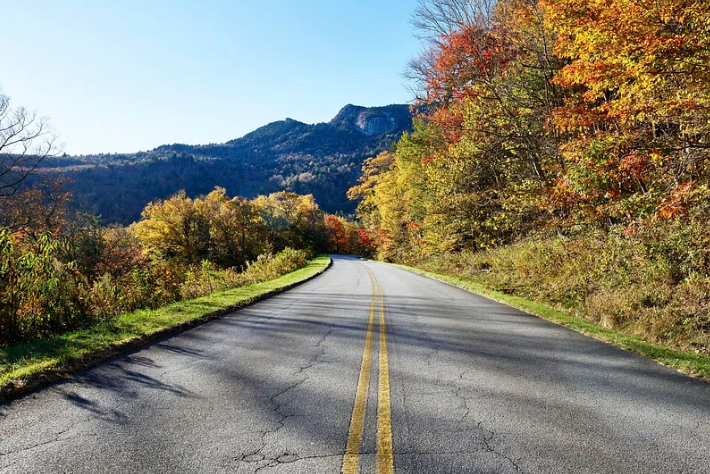I drove down County Road 91 in my home county of Jackson recently, a road I’d not traveled in some time. It runs along the river through a community called Hogjaw Valley, continuing some 20 miles northward to Nickajack Cave in Tennessee, where Johnny Cash once went in desperate and came out born again. It passes many different geographical settings, including hills, ridges, green fields, and even mountains, though with two constants: the Tennessee River on one side and Sand Mountain on the other.
It’s a scenic path, reminiscent of Highway 74 in east Tennessee, that runs alongside the Ocoee River to Blue Ridge, Ga., though shorter and flatter. With the winding, potholed road and dilapidated houses consumed by vines and kudzu, it’s a journey that can easily take one back in time.
Which is what happened to me.
Turning off Highway 117 and onto this seldom-taken country road was like entering a past that I had, at least for that moment, forgotten existed. The road was flat, and for a few miles, all I could see was acres of open fields, with the mountain, tree-covered and green to the right and the river only occasionally visible through the thin strip of woods, in the distance to the left.
But after a while the world seemed to shrink, the mountain and water to move toward each other, the treetops to arch in a gothic canopy, and I rolled my windows down to catch the smell of water and earth. Then something flashed like an old camera, and I could almost smell the woodsmoke of one of the many riverboats that traveled here long ago.
I really heard it: the sound of a foghorn, the moan of the riverboat from that distant era. And I could hear the laughter of the fancy folk, confabulating on the boat’s deck, with the faint period music of the brass band floating from the dining room.
I traveled through an area where the mountain sloped all the way down to the river in a kind of dramatic conversation reminiscent of the best dramas of Sophocles. Coming out briefly to an open field on my right, with the water so close it could’ve swallowed me up, I couldn’t help but wonder if, as my grandfather had told me, this was really where Jesse James camped on his way to rob the bank in Decatur, during the early part of last century.
These thoughts were too much for me, for suddenly, overtaken by memory, I was no longer driving my black Tundra but was traveling in a stagecoach, as fast as our horses could go, for it was during the Civil War, and we had to make it to the next post because someone riding with us was carrying a special message that could determine the outcome of that horrific conflict.
These evocations were disrupted when I turned the curve and a roadside buzzard flapped up from his catfish carrion, almost hit my windshield, then winged away into the woods. The mountain moved away and the world widened; off in the distance, I saw what all this was adding up to.
It was the old ferry.
Or what was left of it.
Gone were the days of river crossing, the most common route from Bridgeport to Long Island before the bridges were built, with only some concrete from the old landing and a few rusty metal pieces left to evoke that once vibrant passage.
I pulled my truck over and got out. It was late afternoon, much later than I’d realized, and the brightness of the setting sun was troubling my eyes. Closing them, I inhaled the smell of the river.
I had ridden the ferry long ago as a boy with my mother. The river was up, and I was scared to cross the rushing water when she put her arm around me and whispered: “It’s alright.”
My mom is older now, and thank God she’s still alive. I have kids of my own, nine and six, of whom everyone is always cautioning: “Redeem the time. They will be grown and gone before you know it.”
I know these people are right, but I can’t for the life of me understand how to do this because nothing seems to be enough, nothing able to stop, or even slow down, what I know is coming.
I skipped a rock across the burgeoned river that I’d crossed so long ago, watching it bounce lively for a few beats, then sink into the dark, eternal water.
Back in my truck, I watched the water for a while as it went in and out of the view of the growing number of trees on my left until finally the ground swelled into a ridge and then a small mountain, and I could see the river no more.
Along with his father, Allen Keller runs a lumber business in Stevenson, Alabama. He has a Ph.D. in Creative Writing from Florida State University and an MBA from University of Virginia. He can be reached for comment at allen@kellerlumber.net.
Don't miss out! Subscribe to our newsletter and get our top stories every weekday morning.










